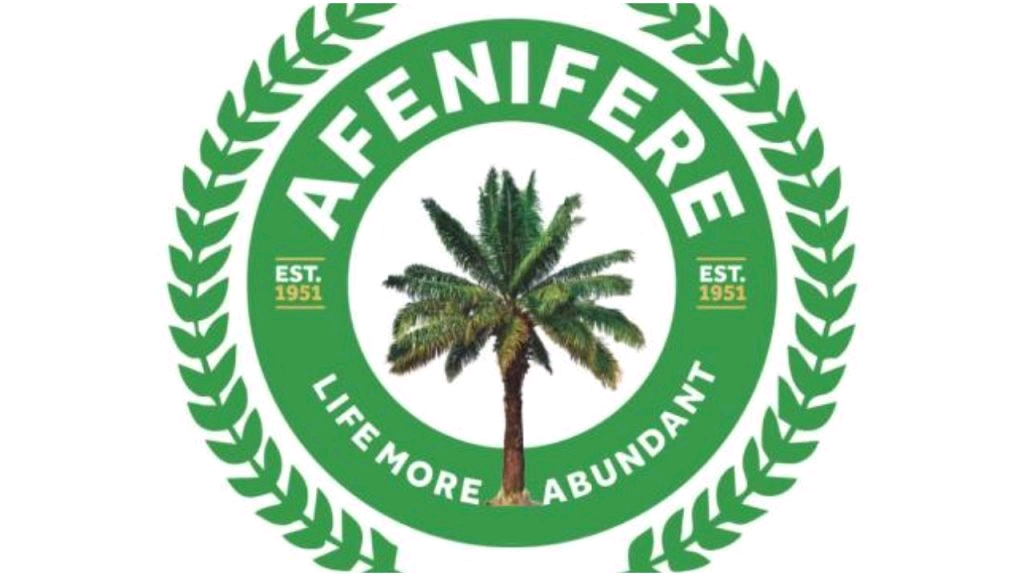
urged the government to instruct the NNPCL to reverse the price increase immediately, warning of the severe socio-economic consequences if the decision is not overturned.
In a statement signed by its spokesperson, Comrade Jare Ajayi, Afenifere highlighted the pressing economic challenges currently faced by Nigerians. The organisation criticised the timing of the price hike, noting that citizens are already burdened by a severe socio-economic crunch that has made daily living increasingly difficult.
“This is the wrong time to implement any policy that would exacerbate the hardships Nigerians are currently enduring,” Afenifere stated.
“If the NNPCL fails to reverse the latest fuel price increase, it will undermine the Tinubu administration’s efforts to ease the burdens on citizens through initiatives such as the Student Loan Scheme and the Consumer Credit Scheme, which are just beginning to take effect.”
The recent announcement by the NNPCL raised the pump price of petrol from N617 to N897 per litre, a move that came just days after the company revealed it was grappling with a significant debt burden of approximately $6.8 billion.
This development follows closely on the heels of the NNPCL’s 2023 audited financial statement, which declared a profit of N3.3 trillion. The discrepancy between the reported profit and the subsequent debt announcement has raised eyebrows and sparked widespread confusion and criticism.
Minister Lokpobiri, through his Special Adviser on Media and Communication, Mr Nnemeka Okafor, clarified that the Ministry of Petroleum Resources did not authorise the NNPCL to increase the fuel price. Afenifere seized on this statement, urging the federal government to act swiftly to reverse the hike, which it described as unjustifiable and detrimental to the welfare of the people.
“It is crucial that the government orders the NNPCL to reverse the price hike immediately, as the increase is already inflicting untold hardship on the populace,” Afenifere demanded.
The organisation questioned the credibility of the NNPCL’s financial claims, expressing scepticism over how an entity that recently reported substantial profits could also claim to be nearly seven billion US dollars in debt.
Afenifere emphasised the critical role of energy costs—encompassing petrol, gas, electricity, diesel, and kerosene—not just in production and service delivery, but also in determining the quality of life for Nigerians.
The group pointed out that rising energy prices have led to astronomical increases in the costs of goods and services, significantly reducing the disposable income of the average Nigerian and heightening health risks across the country.
“The combination of these factors is making daily living an onerous task for the majority of citizens,” Afenifere noted
“With millions of Nigerians already classified as ‘multi-dimensionally poor’, the recent increases in the cost of fuel and electricity are pushing even more people into severe poverty. This is not sustainable and calls for immediate intervention.”
The group’s statement underscored the importance of energy affordability, arguing that the government’s failure to address the fuel price increase would further jeopardise the living conditions of millions of Nigerians.
Afenifere warned that the continued hike in energy prices would not only strain the financial capacity of households but also risk derailing any progress made by the government’s poverty alleviation programmes.
Afenifere concluded its statement with a strong appeal to the federal government to intervene without delay.
The group urged the authorities to use all available channels to direct the NNPCL to revert to the previous fuel price, arguing that failure to act could severely damage the credibility of the Tinubu administration’s promises to alleviate the suffering of Nigerians.
“We call on the federal government to act decisively by ordering the NNPCL to reverse this detrimental price increase,” Afenifere urged. “Ignoring this call will undermine the assurances given by President Bola Tinubu that the pains of Nigerians will soon be alleviated.
The government must act now to prevent further hardship and restore public confidence in its commitment to the welfare of the people.”
The unfolding situation places the government at a critical juncture, with public trust and economic stability hanging in the balance.
As pressure mounts from civil society and advocacy groups like Afenifere, the federal government’s response in the coming days will be closely watched as a test of its resolve to prioritise the needs of the people over corporate interests.
Support InfoStride News' Credible Journalism: Only credible journalism can guarantee a fair, accountable and transparent society, including democracy and government. It involves a lot of efforts and money. We need your support. Click here to Donate
